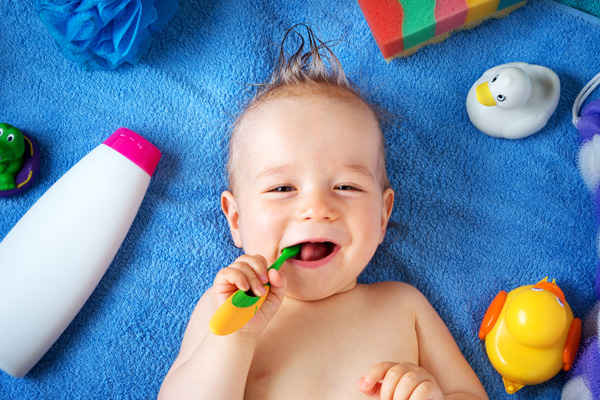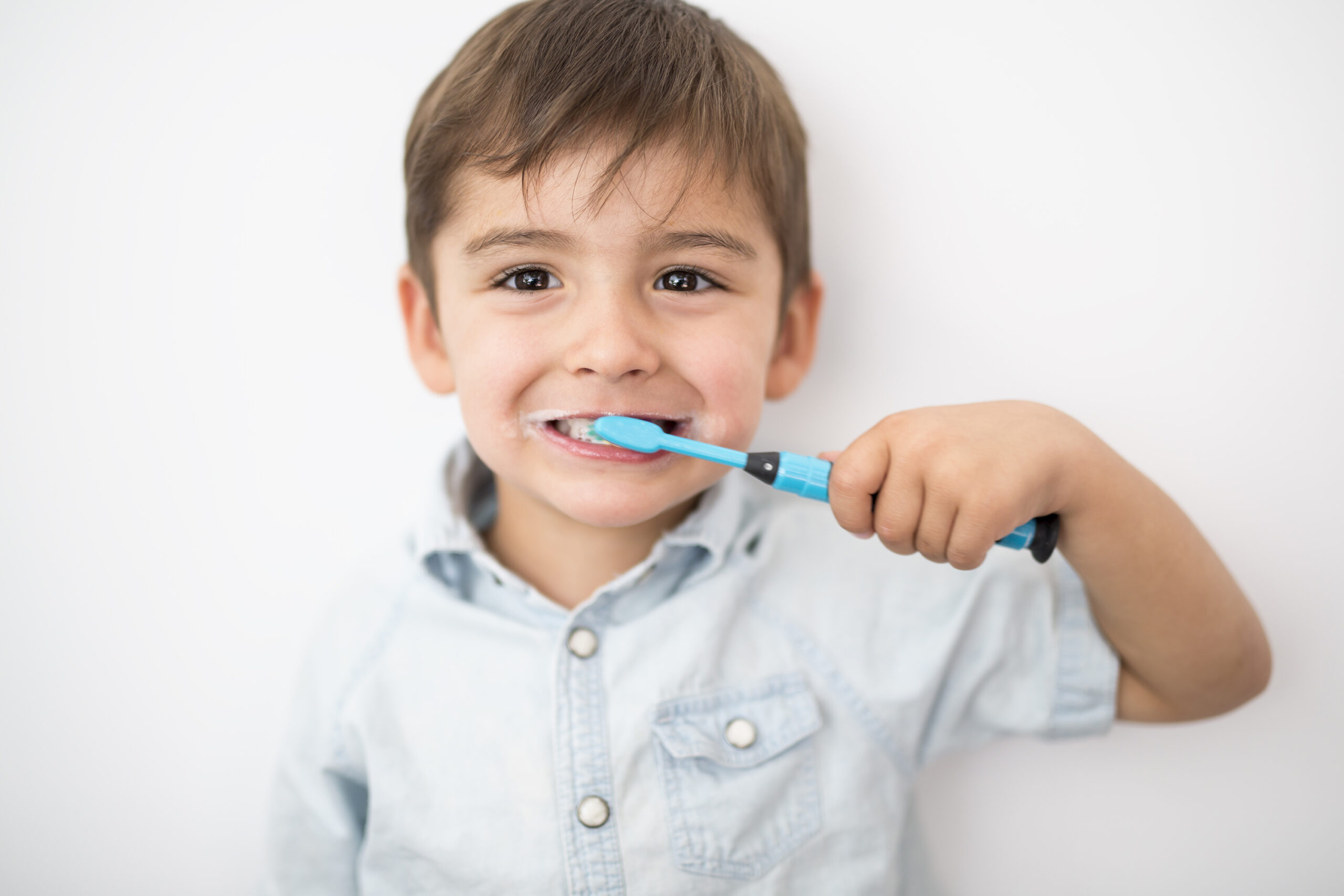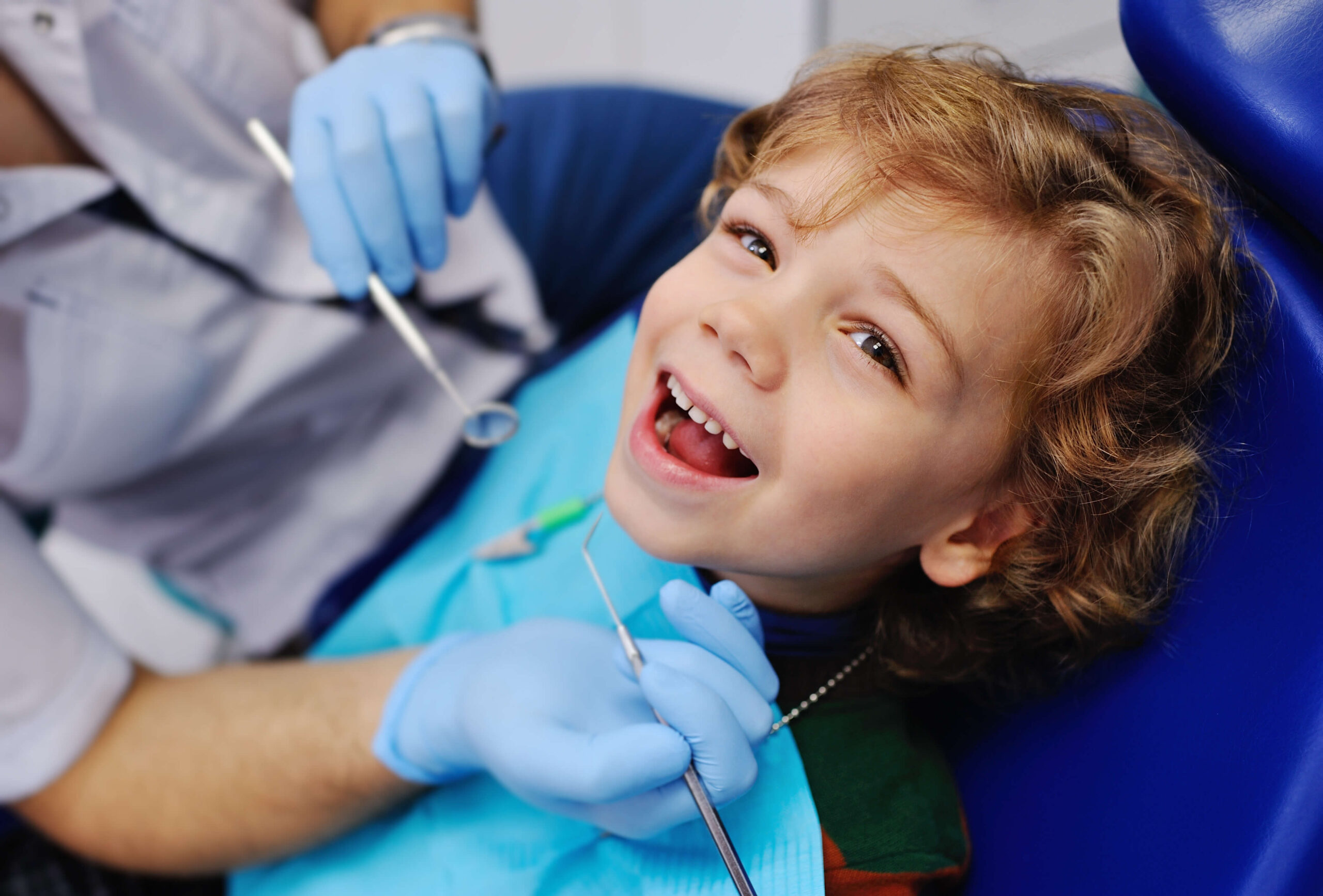How Baby Bottle Tooth Decay Happens
If you have a toddler, it's important to know how to prevent baby bottle
tooth decay so that your little one can enjoy the healthy smile you want them to have! Bottle mouth, also known as infant caries, early childhood caries (ECC) can happen if your child spends a lot of time with a bottle in their mouth or if you give your toddler sweetened juice or other sugary beverages often. Since it's important that you learn about how a bottle mouth happens to make sure it doesn't become an issue, this article will help!
What is baby bottle tooth decay?
Although it may seem obvious, baby bottle tooth decay is a highly preventable form of decay. More than 26 percent of young children from six months to six years old suffer from it. That's because when your child breastfeeds or drinks formula from a bottle, his teeth are subjected to a lot of sugar for an extended period each day.
Additionally, young children do not have fully developed immune systems and may not properly fight off bacteria that can cause decay. Over time, bottle mouth can lead to cavities, discoloration of teeth, pain or difficulty when chewing or biting, and even tooth loss. With these risks in mind, it's important to understand how this happens.
Is it treatable if caught early?
A bottle mouth is a cavity or hole in a child's baby teeth. It occurs when sugary drinks, such as formula or juices, are left in their baby bottle for long periods. The sugar in these drinks mixes with bacteria already present on children's teeth and forms plaque. The plaque is sticky and collects food particles. When plaque remains on teeth for prolonged periods, it becomes tartar which is hard to remove.
If your child's baby teeth are affected by bottle mouth, then you will want to consult with a pediatric dentist. However, if it is caught early enough, it can be treated and fixed so that your child has healthy teeth. However, if not treated properly, bottle mouths can lead to pain and infections of their gums.
How can I prevent them in the first place?
Parents should avoid giving babies and young children juice or high-sugar drinks in bottles, as these can contribute to decay. Even natural sources of sugar such as fruit juices and smoothies can cause early childhood cavities if they're given to a baby too soon. Parents should also be careful to keep an eye on how long they allow their child to have a bottle filled with anything. The longer a child has liquid in their mouth, especially if it's highly sugary, will increase their risk of developing decay.
Pediatric DentistReach out to a pediatric dentist to learn more
It's important to keep an eye on your children's teeth as they grow. Problems with baby teeth can affect the proper alignment of permanent teeth later in life. Talk to a pediatric dentist today if you're concerned about your child's oral health.
Request an appointment or call Camelback Pediatric Dentistry & Orthodontics at
602-595-3531 for an appointment in our Phoenix office.




